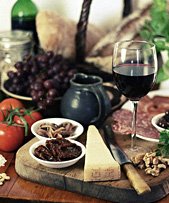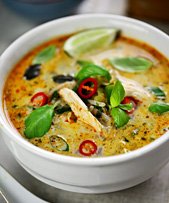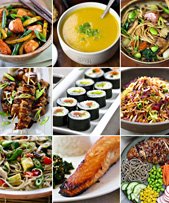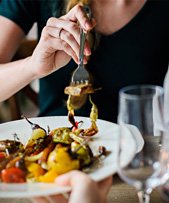UNESCO deems the Mediterranean diet as a “cultural heritage” that needs protecting
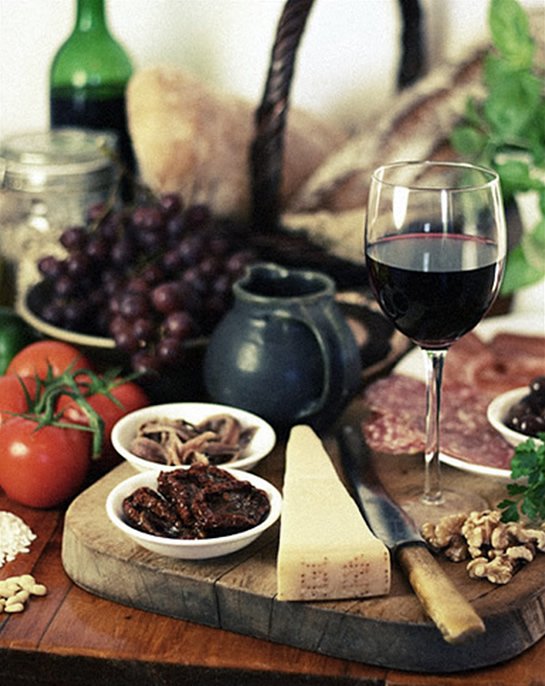
One of the main reasons we started MediterrAsian.com was to share our passion for Mediterranean and Asian food and cooking with others. But another reason was to help preserve the culinary traditions of the Mediterranean and Asia.
Sadly, these culinary traditions — which have helped keep the peoples of Asia and the Mediterranean so healthy and vibrant for thousands of years — have been dying out quite rapidly since the 1970s. A modern Western diet, complete with large amounts of meat, highly processed foods and sweets has now become far more common in these regions, especially among the younger generations.
Not surprisingly, the rates of obesity, heart disease, cancer and type 2 diabetes have also increased rapidly in these regions at the same time.
So it was a really nice surprise when we learned recently that UNESCO, whose World Heritage List helps protect and conserve sites such as the Acropolis and the Pyramids, has now deemed the Mediterranean diet as a “cultural heritage” that needs protecting.
Here’s what UNESCO says about the Mediterranean diet:
The Mediterranean diet constitutes a set of skills, knowledge, practices and traditions ranging from the landscape to the table, including the crops, harvesting, fishing, conservation, processing, preparation and, particularly, consumption of food. The Mediterranean diet is characterized by a nutritional model that has remained constant over time and space, consisting mainly of olive oil, cereals, fresh or dried fruit and vegetables, a moderate amount of fish, dairy and meat, and many condiments and spices, all accompanied by wine or infusions, always respecting beliefs of each community. However, the Mediterranean diet (from the Greek diaita, or way of life) encompasses more than just food. It promotes social interaction, since communal meals are the cornerstone of social customs and festive events. It has given rise to a considerable body of knowledge, songs, maxims, tales and legends. The system is rooted in respect for the territory and biodiversity, and ensures the conservation and development of traditional activities and crafts linked to fishing and farming in the Mediterranean communities which Soria in Spain, Koroni in Greece, Cilento in Italy and Chefchaouen in Morocco are examples. Women play a particularly vital role in the transmission of expertise, as well as knowledge of rituals, traditional gestures and celebrations, and the safeguarding of techniques.

